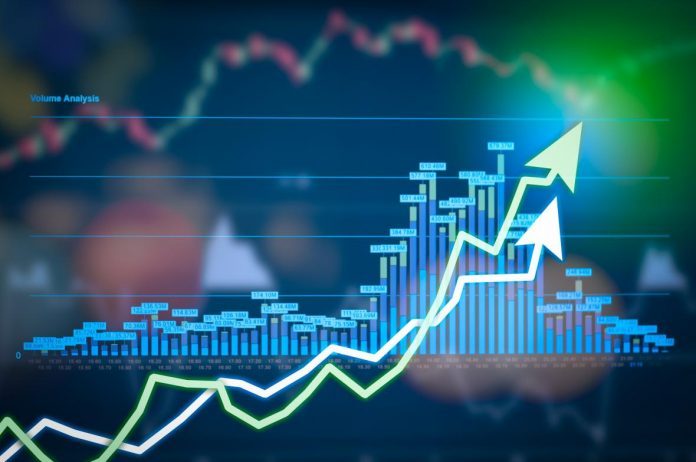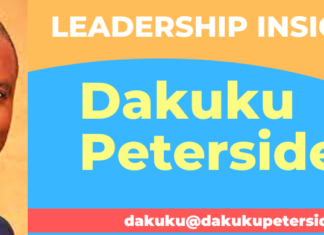By Jeph Ajobaju, Chief Copy Editor
Nigeria’s annual inflation rose in August for the 12th month in a row, even though Abuja tried to twist into positive the negative report that Gross Domestic Product (GDP) dipped -6.10 per cent (year-on-year) in the second quarter (Q2 2020).
The latest statistics, also churned out by the National Bureau of Statistics (NBS), come on top of food inflation being in double digits for more than three years.
Annual inflation climbed to 13.22 per cent in August from 12.82 per cent in July, the NBS announced, and the Central Bank of Nigeria (CBN) has forecast up to 14.15 per cent rise at the end of December.
The CBN cited supply shocks caused by coronavirus, which has curtailed economic activity and created disruptions.
Prices increased in August across the range of goods and services, rising more in cities than in rural areas, the NBS said.
A separate food price index, which accounts for the bulk of the inflation basket, showed prices rose 16.0 per cent in August compared with 15.48 per cent in July.
Africa’s top oil exporter faces economic hardship from the coronavirus outbreak and this year’s plunge in crude prices. Abuja expects the economy to contract by as much as 8.9 per cent this year.
Buhari promises solution
However, President Muhammadu Buhari says his administration is searching for solution to the rising prices of stable foods, which he blamed on middlemen who buy farm produce and resell at exorbitant rates.
He said last month that providence has been kind to Nigeria with the rains for a bumper harvest that would crash food prices but his concern is that exploitation by traders may make any such relief a short lived one.
Buhari reiterated that he has approved the release of food items from the strategic reserves, including 30,000 tonnes of maize to animal feeds producers to ease the high cost of poultry production.
He expressed hope that investment in the agro-allied sector by the private sector will slash the price of domestic production of farm inputs, especially fertilizer, create employment, and ease pressure on foreign reserves.
He said one of these major investments is the Dangote fertilizer plant projected to come on stream by the fourth quarter of this year.
Spinning positive on negative GDP
Last month, the Villa search from Europe to Japan to the United States to argue that compared with other countries, Nigeria ended a “three-year trend of low but consistently improving positive real growth rates … since the 2016/17 recession.”
Presidential Media and Publicity Adviser, Femi Adesina, acknowledged that for Q2 2020, real GDP declined by -2.18 per cent year-on-year, compared with 2.11 per cent in Q2 2019.
“The overall decline of -6.1 per cent (for Q2 2020) and -2.18 per cent (for H1 2020) was better than the projected forecast of -7.24 per cent by the NBS.
“The figure was also relatively far better than many other countries recorded during the same quarter,” he stressed.
“Furthermore, despite the observed contraction in economic activity during the quarter, it outperformed projections by most domestic and international analysts.
“It also appears muted compared to … other countries, including large economies such as the U.S. (-33 per cent), UK (-20 per cent), France (-14 per cent), Germany (-10 per cent), Italy (-12.4 per cent), Canada (-12.0 per cent), Israel (-29 per cent), Japan (-8 per cent), South Africa (projection -20 per cent to -50 per cent), with the notable exception of only China (+3 per cent).”
Adesina said Abuja’s anticipation of economic slowdown and initiatives introduced as early responses to cushion the economic and social effects of coronavirus, through the Economic Sustainability Programme (ESP), “contributed immensely to dampening the severity of pandemic on growth.”
According to him, Aso Rock anticipates that while Q3 and Q4 will reflect continued effects of the slowdown, the Fiscal and Monetary Policy initiatives being deployed in will be a robust response to the challenges posed by coronavirus.













